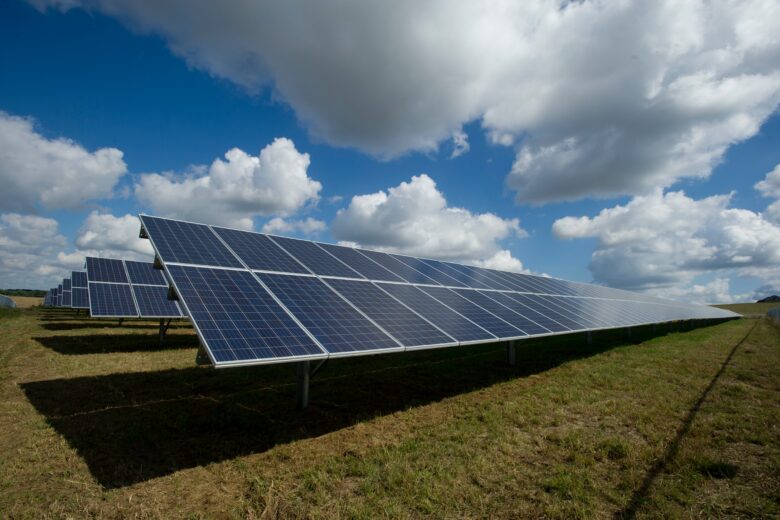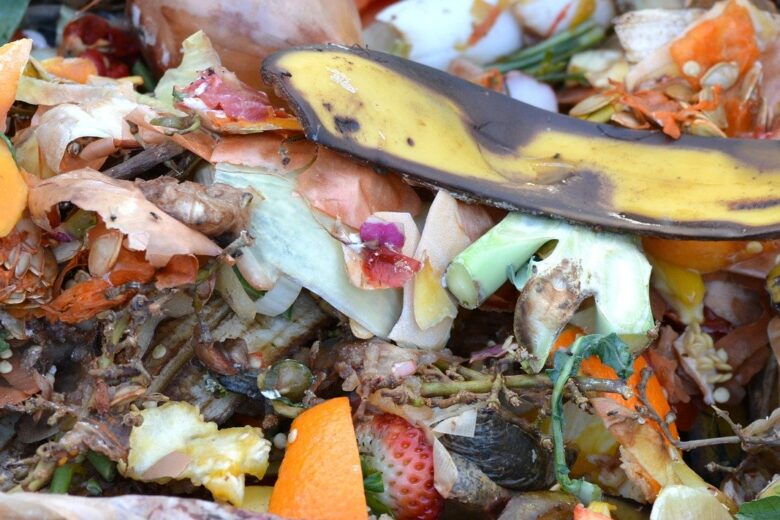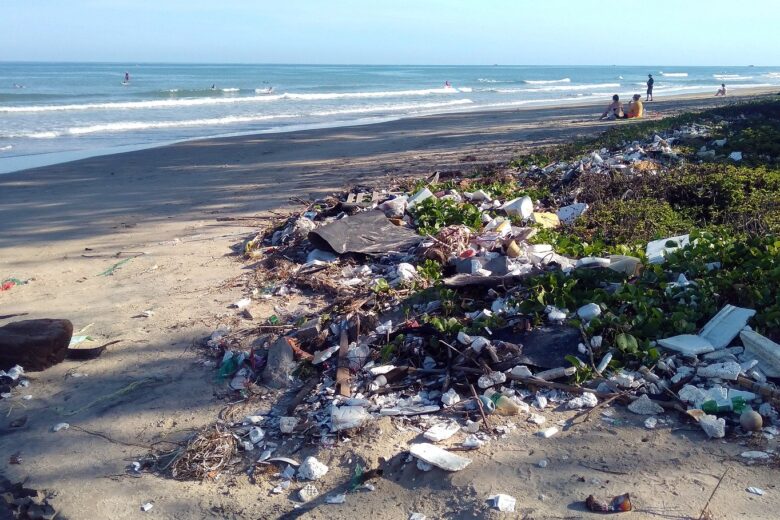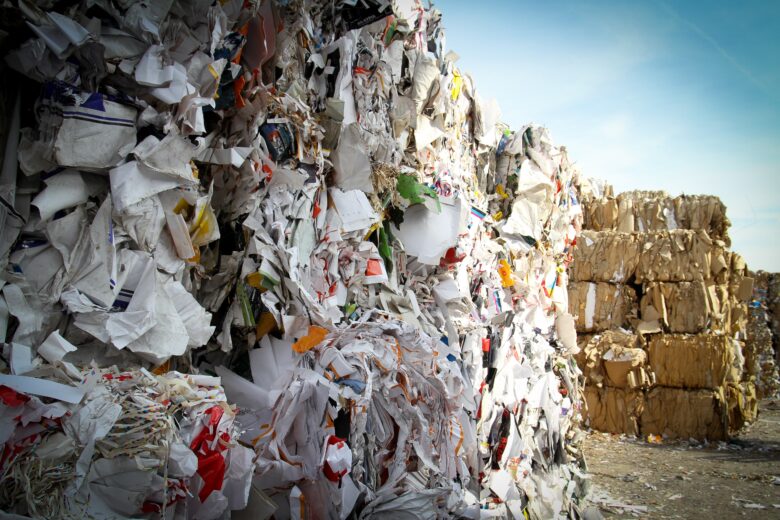Energy usage is another complex component of any sustainability program. It’s also one of the most critical components of any event, venue or community. Energy consumption is one of the harder sustainability features to understand, implement and change. Working through your energy plan will vary based on the type of event, venue and location.
For events, mainly large scale festivals, your power systems could produce up to two-thirds of your total carbon footprint (outside of attendee travel). Because of this, your energy programs and carbon programs are closely connected. Going back to our blog post about the feasibility of your sustainability program, your budget is one of four major contributing factors. If you are an outdoor event that configures your own power on-site, the cost of your energy program will be one of the largest expenses in your production budget.
Renewable vs. Alternative Energy
Alternative energy is energy created from non-fossil fuel sources such as natural gas and nuclear. Other forms of alternative energy sources are called renewables. Renewable energy is created from natural resources that are continuously replenished such as solar, wind, hydropower, geothermal, and biomass.
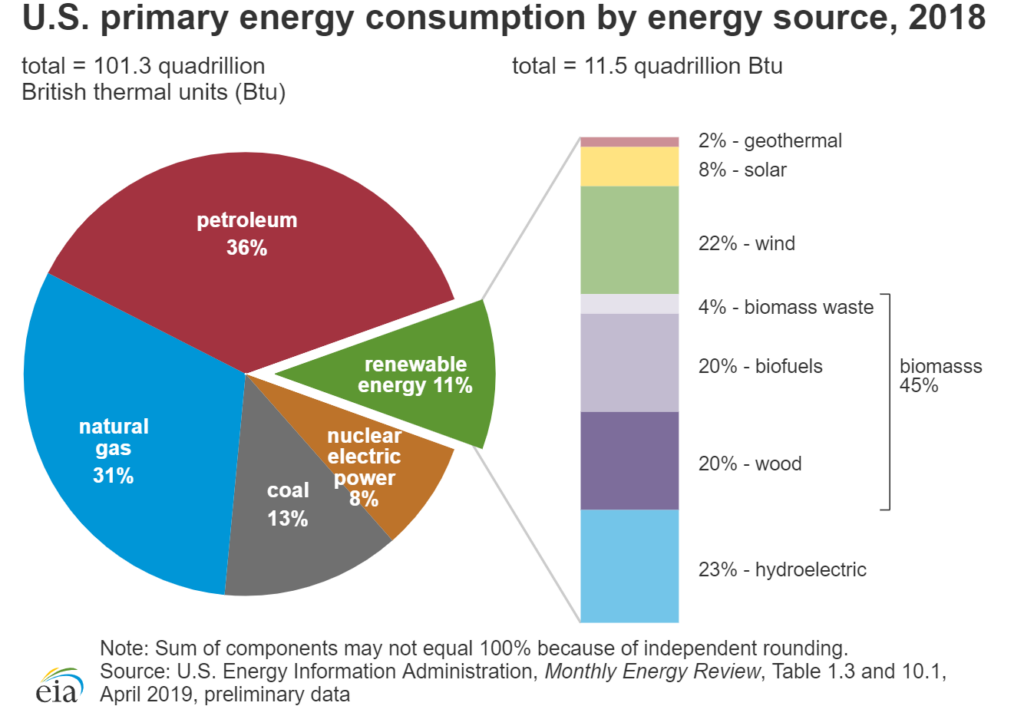
As our dependence on fossil fuels shifts towards renewable energy sources, events and venues have greater options available to use alternative forms of energy.
A sustainable energy program at your event can focus on any one or more of the following:
- Reduction: in the amount of energy used
- Efficiency: designing a system to minimize wasted energy
- Usage: selecting the proper equipment and energy sources to power your event
Types of Energy at Events
When tapping into an existing grid is not available, a variety of different power options can be used:
- Diesel
- Biofuel
- Solar powered
- Waste vegetable oil
- Hybrid systems
Powerful Thinking produces a “Smart Energy for Festivals and Events” guide. For those starting their journey, we recommend this resource as a starting point.
You can even create your own power station at events with your attendees who can ride bikes to generate power – or even create their own smoothies! Engaging your attendees in your energy reduction plan is a great way to allow sponsorship of your program to help offset any costs associated with your energy plan.
Where to Start
Site Selection.
Your location will greatly influence your energy needs and by extension your carbon footprint. Review your venue, whether indoors or outdoors, and determine the type of power being brought on-site. Almost all utility companies are using alternative energy sources as part of their grid. Some utility companies offer customers the option to purchase only power generated from those sources.
It has become increasingly common to select cities and event venues that already have preexisting programs and features for energy. Look for LEED certified buildings and cities who have committed to 100% renewable energy or who are actively working towards providing their city with renewable energy options.
Outdoor festivals will find it more difficult to locate venues that offer preexisting renewable power options and larger festivals, such as music festivals, may find it difficult to meet their production and environmental needs. If you are in a long term contract with your outdoor venue, or own the outdoor festival site, it is worth doing research for a cost comparison on capital investments within your venue for a long-term energy reduction plan.
Review Your Power Plan.
Work with your facility or production crew to review your current power plan and system usage. Do you currently use a generator onsite? If so, how many hours does it run and what is the fuel consumption? What type of lights are you using on stage or by your front podium? Are any of the lights or projectors you are using LED? After a thorough review of your systems and needs, you can start to research the best methods for energy usage, reduction and efficiency.
Consult With An Expert. If your festival or event has complex energy systems, research available options to bring in an expert to assess your footprint and identify solutions. Energy companies, independently owned energy consultants, local universities, and event sustainability professionals can assist you in determining your energy needs without compromising the quality of the show!

